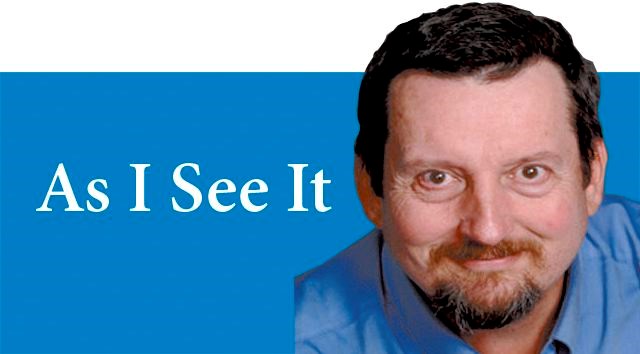That there are economic benefits to staying in school would seem to be one of those no-brainer truisms.
After all, there are many ways to demonstrate the worth of a degree, such as lifetime earnings.
For males with a bachelor's degree from a Canadian university, they will earn about twice as much over their working life as a high school graduate.
The disparity is a little higher for female graduates.
Further, the more education a person has, the higher their average salary and the greater their lifetime earning potential, particularly in professional programs. It is perhaps not surprising data from the 2011 National Household Survey backs this up.
In 2011, the top 10 per cent of earners made more than $80,400 and over half of this group had at least one university degree.
Compare this with the overall completion rate of one university degree for all Canadians of 20.9 per cent and a median income of $27,800, and it is fairly clear a university degree is tied to a higher standard of living.
University graduates are disproportionately represented in the top 10 per cent of earners (and the numbers increase significantly for the top one per cent) suggest a strong correlation between earning a degree and earning a living.
Or put another way, education pays off.
This is true at both a personal level and at a large scale economic level. The wealth of the country is measured in many ways but the income distribution of its citizens is one of the critical components.
The more high wage earners, the wealthier the country generally speaking.
Our education system certainly correlates to our wealth as a nation.
This is why the education system is a key component of any political campaign and will surely be a major plank in the platform of all of the political parties. Education is one of the critical voting issues for many members of the public.
After all, we aspire for something better for our children. We want them to grow up to be what they want to be including doctors, lawyers, engineers or any number of other professions. We want them to achieve financial security and a long, healthy life.
So the question which some people will ask themselves prior to the election is "Which party supports education?"
How one answers that question will reflect one's views of the role of education in our society. It is not just the economic benefits, but also the social benefits, which matter.
Education is also correlated with better health outcomes, which brings us to the other major topic which will be at play during the election and that is health care.
And by health care, I do not only mean doctors. Yes, more physicians are good for the economy and for our overall health but health care is a much bigger issue.
It isn't just about building a new tower at the local hospital with more operating suites and beds. It is about providing the operational infrastructure necessary to support all of the positions associated with health care.
For example, we need physiotherapists in the north. This has been a long standing want from the local medical community and to give MLA Shirley Bond some credit, it is high on her list of priorities.
And yet when one runs the numbers, the north comes up woefully short. There are approximately 3,200 physiotherapists practicing in British Columbia or about one physiotherapist for every 1,500 people. If those numbers were applied across the region, there would be about 200 physiotherapists practicing in northern British Columbia.
According to local statistics, the actual number is 86 full-time equivalents drawn from a headcount of 104 registered physiotherapists. Whether one is talking FTE or headcount, we have only about half as many as we should for our population. Perhaps not surprisingly, Vancouver and the Fraser Valley have a disproportionately higher level of service.
As a consequence, our health outcomes are compromised relatively speaking.
Ironically, it is in the north where labour tends to be physically more demanding that the role of physiotherapists are much more critical.
Yes, UBC offers some training at UNBC as part of the Northern and Rural Cohort for the Masters of Physical Therapy Program but this is not a full degree program and the students do not establish solid ties with the communities. There is plenty of evidence suggesting students will work where they study and bringing a full physiotherapy program to the north would go a long way to bolstering our health outcomes.
It is not just physiotherapy, though, as there are a number of other professions which support the health care system.
Through the NMP, we are getting doctors in the remote north.
Now it is time to complete the picture.
Health care and education should be critical issues in the next 28 days as we run up to the provincial election.



